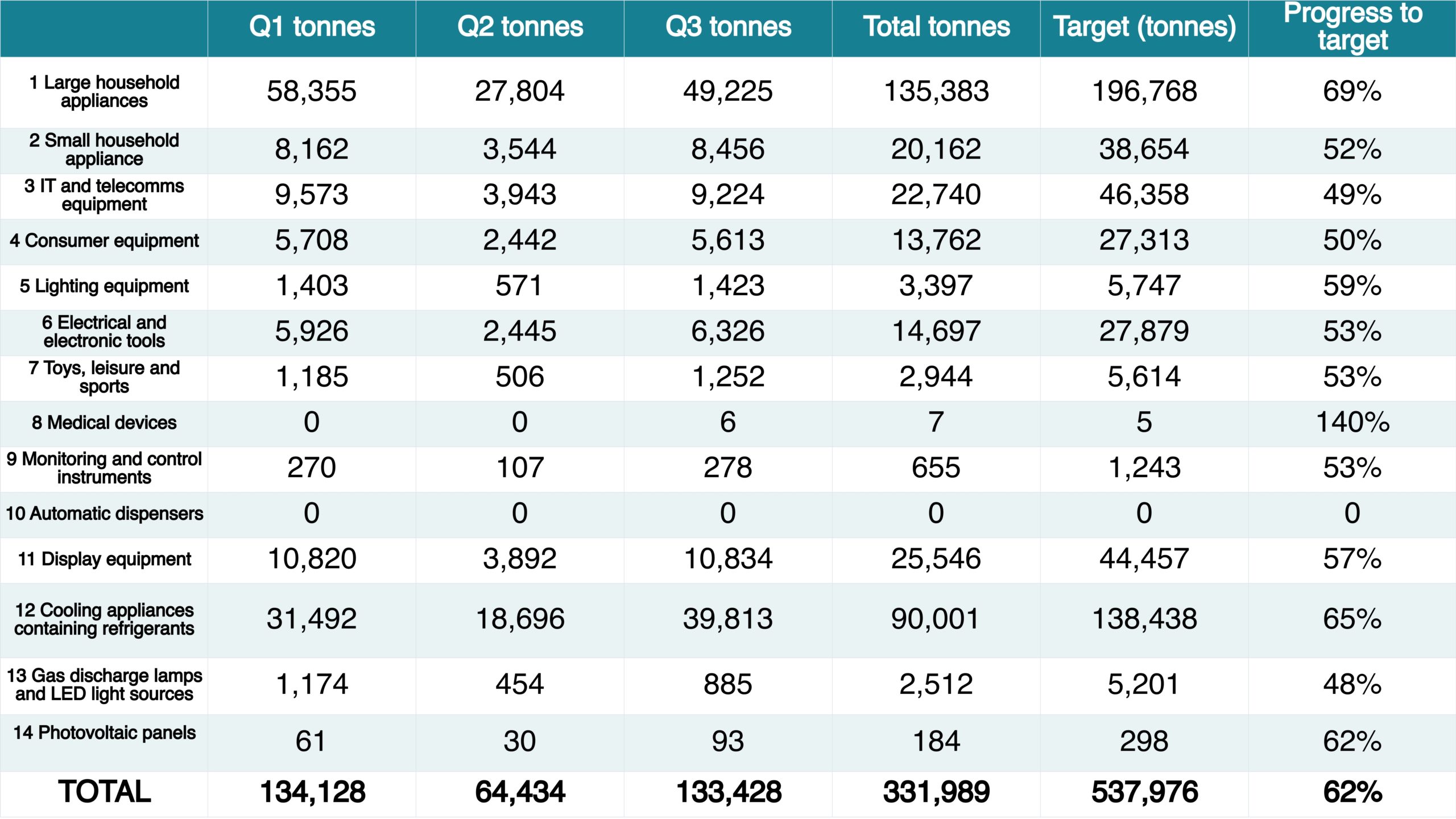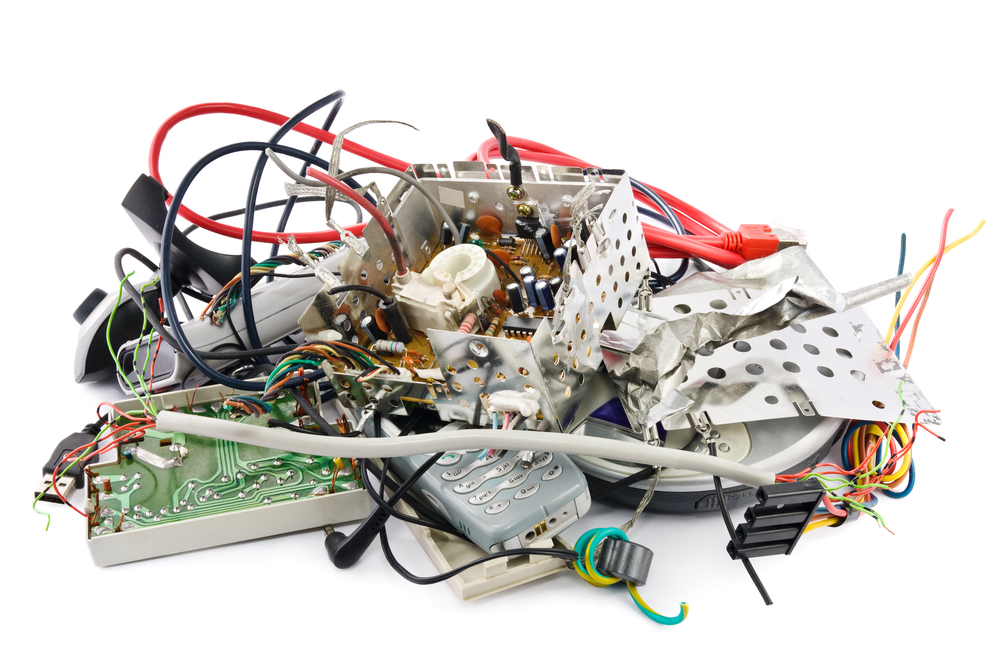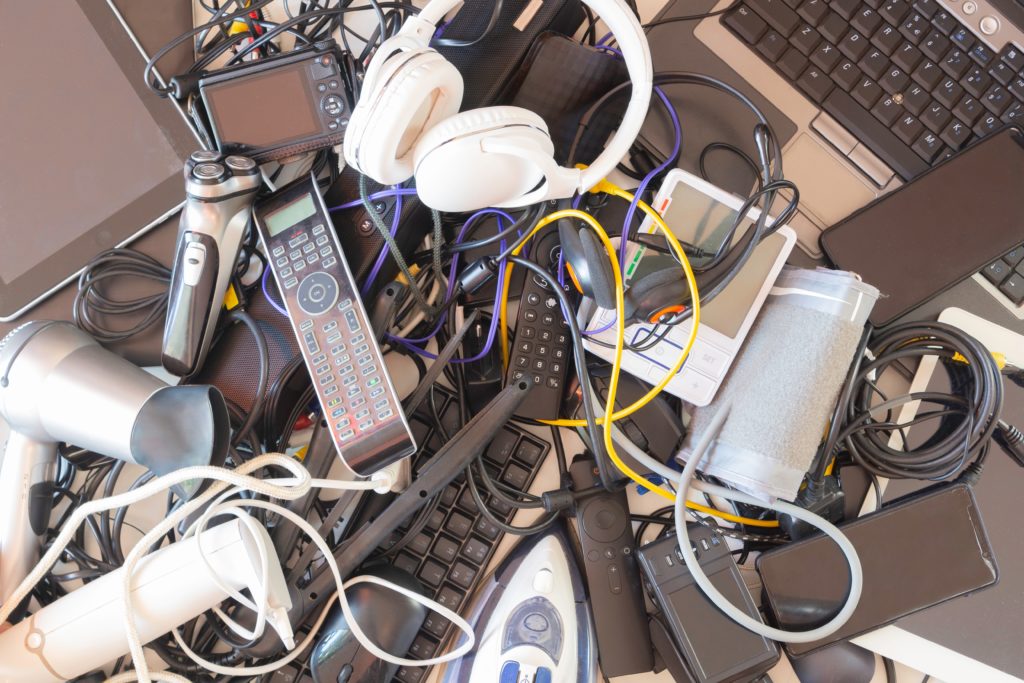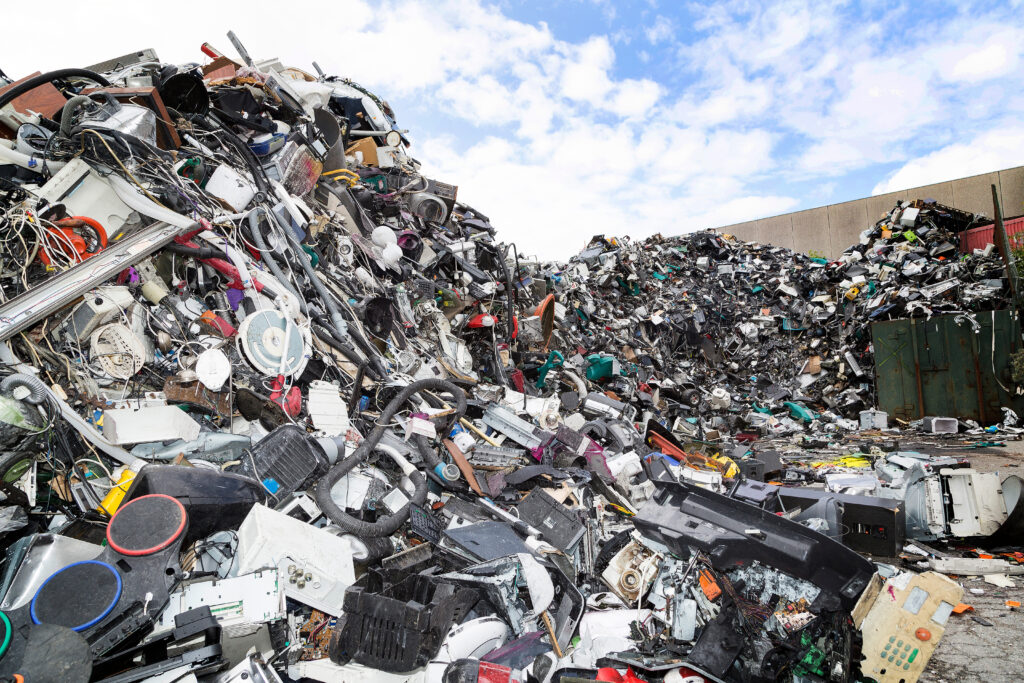However, compliance schemes have warned the sector is still unlikely to meet annual collection targets.
Data covering the collection of household WEEE by producer compliance schemes and their members was published by the Environment Agency yesterday (1 December).
The figures show 133,428 tonnes of household WEEE was collected by producer compliance schemes between July and September 2020. This represents a slight increase from the same period last year, when 131,720 tonnes was collected.
And, this is a considerable improvement on the second quarter of 2020, when only 64,434 tonnes was collected (see letsrecycle.com story).
The collection of medical devices fared particularly well, as outlined in the table below. Nearly seven tonnes has been collected in 2020, while the target was to collect only five tonnes.

However, the sector has collected only 331,989 tonnes so far this year, against a target of 537,976 tonnes. Defra has already said it will take into account the impact of the pandemic when calculating any compliance fee (see letsrecycle.com story).
Proposals for the WEEE compliance fee for 2020 were put forward by compliance scheme Valpak and the Joint Trade Association (JTA) in October (see letsrecycle.com story).
Lockdown
Louise Grantham is the chief executive of compliance scheme Repic. While she welcomed the data, she sounded a note of caution, suggesting the imposition of a second national lockdown in England could mean disruption to collections would continue into 2021.
“It seems possible that WEEE collections will continue to be disrupted into 2021”
“There is some evidence of a catch up in collections in some categories during Q3, for instance in cooling,” she said.
“However, with the exception of two categories, collections remain below the pro-rata 2020 targets. With further national restrictions being in place during Q4, it seems unlikely that 2020 targets will be met for most categories. It also seems possible that WEEE collections will continue to be disrupted into 2021.”
Compliance fee
Nigel Harvey, chief executive of compliance scheme Recolight, told letsrecycle.com the data “confirmed” that any compliance fee for 2020 should be “radically different” to any seen before.

Mr Harvey said: “The Q3 data shows that most WEEE streams will fall well short of the 2020 targets – even though the targets were set at 2019 actual collection levels. And although the second lockdown is unlikely to cause the same reduction in collections as the first, it would not be surprising if Q4 collections are lower than Q4 in 2019.
“Overall, this confirms that the compliance fee in 2020 must be set in a radically different way. It needs to avoid over-burdening producers, many of which are still reeling from the financial impacts of the first lockdown.”
Mr Harvey also emphasised the problems associated with small mixed WEEE, which he described as the stream most likely to be disposed of by consumers in residual waste bins.
Collection facilities
Robbie Staniforth, policy manager for recycling compliance scheme Ecosurety, highlighted the importance of household waste and recycling centres (HWRCs) and other local authority collection facilities to the WEEE sector. Many of these facilities have been closed for long periods during the past year as a result of the pandemic.
Mr Staniforth told letsrecycle.com: “The figures for quarter three look comparable to pre-Covid levels. There was some speculation that collections might rebound to much higher levels after the first lockdown restrictions were lifted. However, this has proven not to be the case. It now looks highly unlikely that the shortfall in collections from earlier this year will be made up.
“The picture for the year so far demonstrates just how significantly the system relies on local authority collection facilities, which is something that will need to be addressed in upcoming changes to the WEEE regulations. Well-considered legislation can create drivers to significantly increase the amount of equipment being repaired, redistributed or recycled.”












Subscribe for free